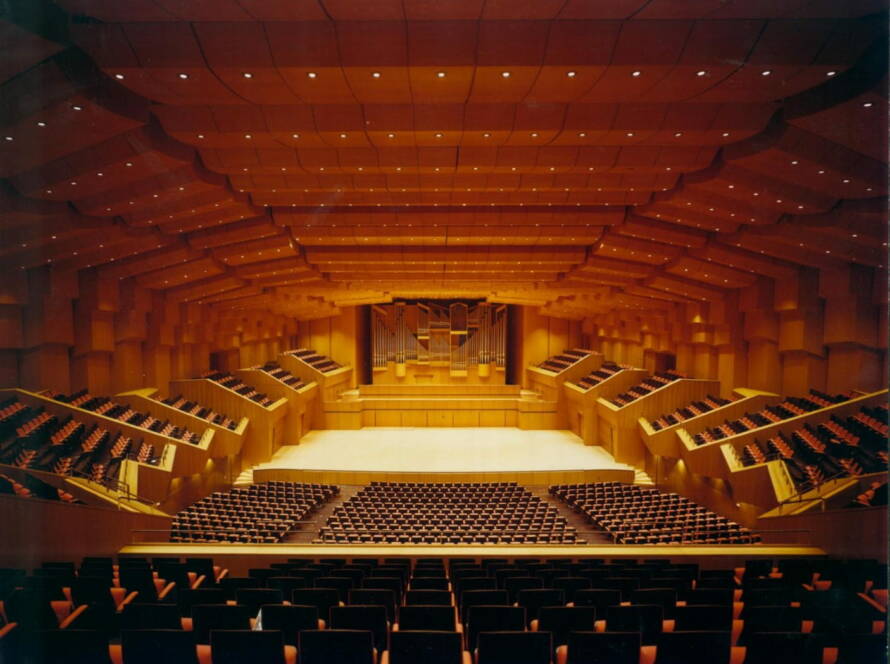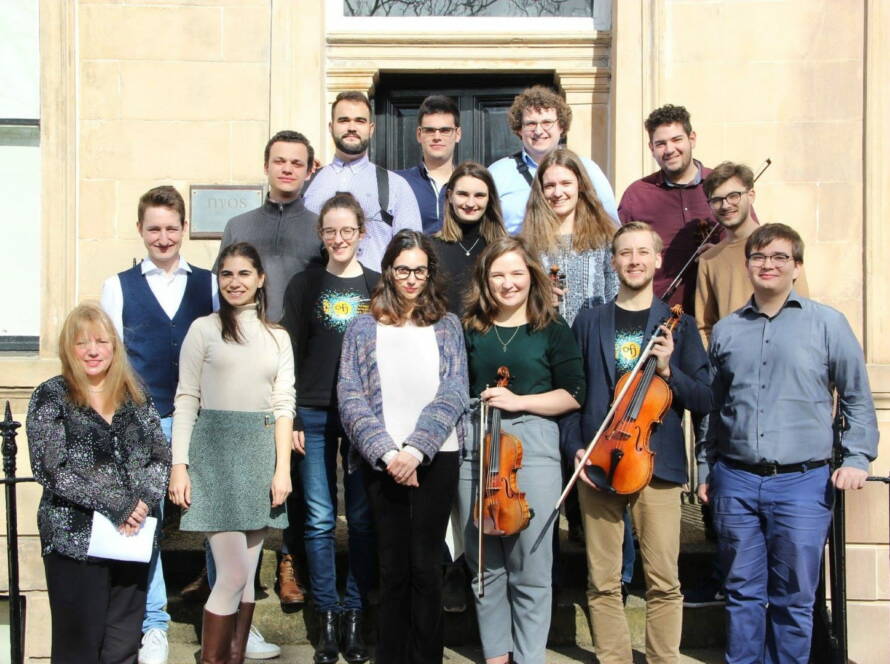Johannes Debus, Music Director of the Canadian Opera Company and numerous times guest conductor of the New York Metropolitan Opera , kindly accepted our invitation and came to Athens to lead the Greek Youth Symphony Orchestra in its recording of Gustav Mahler’s 1st Symphony. This is what he shared with us, after his rehearsal at the Alternative Stage of the Greek National Opera.
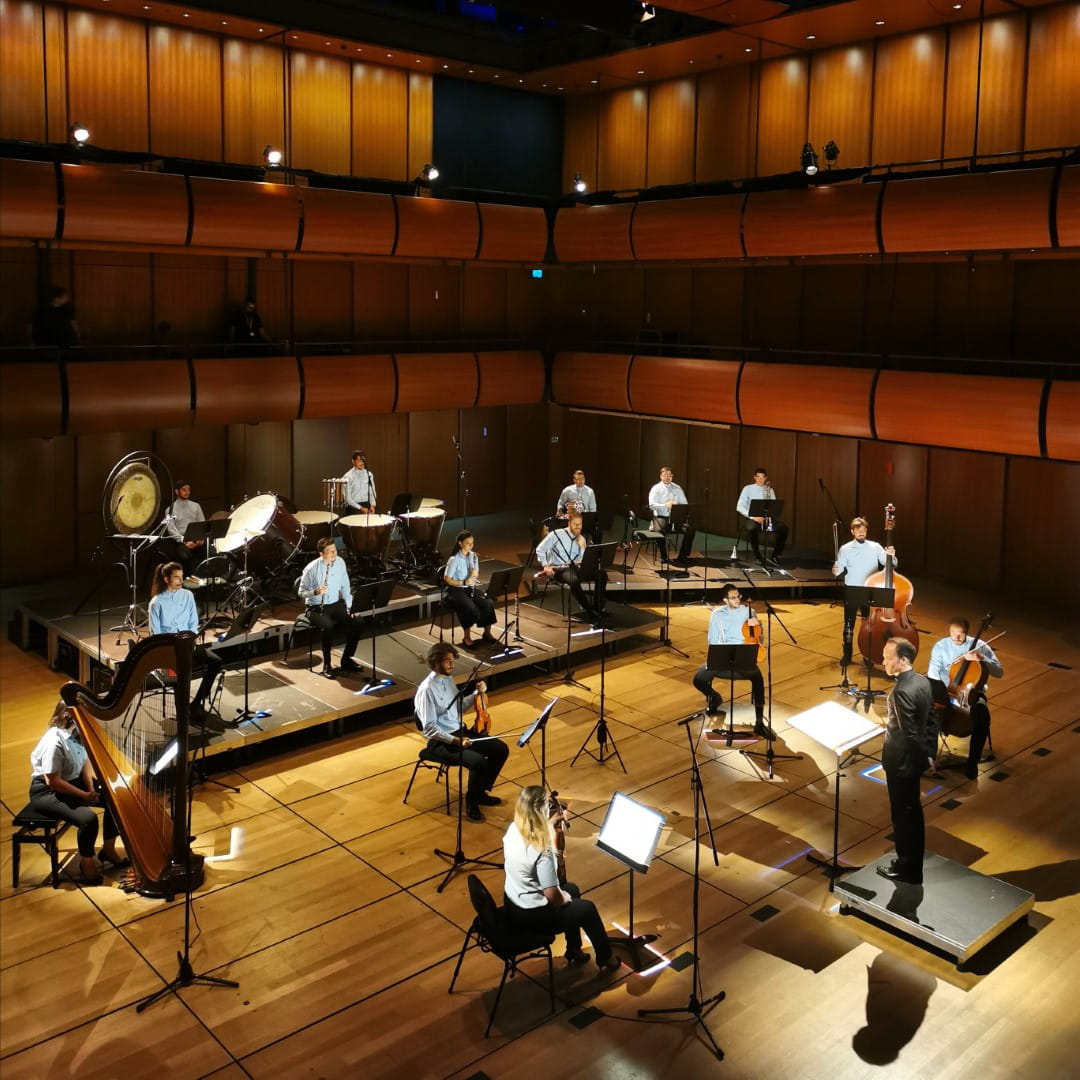
Q: How did your relationship with the GYSO initiate?
A: A few years ago, Dionysis Grammenos who I highly regard as a musician and as a friend, presented to me his idea of creating a Youth Orchestra for Greece, giving the young talent that exists in Greece a chance to shine, to grow and to actually be an ambassador for this country. I didn’t have to think too long when he asked me to join in a certain way this wonderful journey, by becoming a member of the Honorary Board of the GYSO so I wholeheartedly said yes.
Q: Taking this relationship to another level, you are now in Athens, conducting the GYSO in the recording of Gustav Mahler’s 1st Symphony. Tell us a few things about what that means to you.
A: I am very happy that I have a chance to actually be here and to work with the young musicians of the GYSO. Gustav Mahler seems to be a composer young people in their 20s can connect with in a very immediate and direct way – especially since it is exactly the age in which Mahler composed his 1st Symphony. If we try to describe the dramaturgy of that Symphony, it is in a way the beginning of life from nothing, from a primordial state – the awakening or reawakening of life. Of course, it’s also about the struggles, the pain, the despair we experience in life, but at the very end – and that might have given the Symphony its famous title “Titan”- we end gloriously, we manage to break through despite all struggles, despite all obstacles we manage to get to the light. Despite all the challenges that the Symphony poses technically and mentally, I think it’s a wonderful opportunity for the Young Musicians and myself to restart, to reawaken ourselves after being put to hibernation or sleep with the Covid full stop.
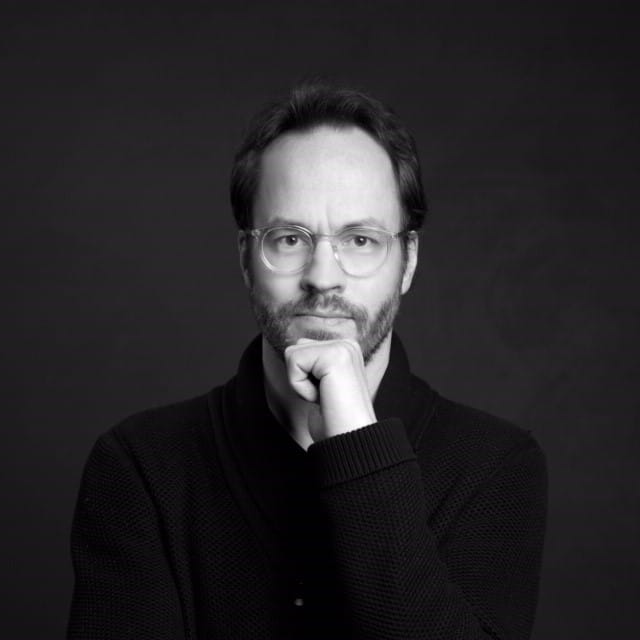
Q: Which was the decisive moment in your life that led you to follow the path of orchestral conducting?
A: I remember one pivotal moment at the age of 10, when I came home from a rehearsal at the choir and I found my mother sitting in front of the TV, which she only occasionally did, and watching a broadcast of a concert. There was a strange magnetism that captured me and that made me sit down silently next to my her, being astonished about what I could hear and see. From watching this very old German conductor, conducting a Bruckner Symphony, in that moment I got an idea of what it means to stand there on this podium and guide the musicians without making any sound yourself but somehow leading by certain ideas you convince the musicians to follow or a certain form of energy you can instill in other people. From that moment on, the idea was planted that I would love to become a conductor and since my parents are not musicians, they asked me “are you sure? Do you feel it is the right thing to do?” and I said “I would like to try it. Give me the chance to try it”. And fortunately, I am very grateful for that, that they gave me that chance.
Q: From your career so far, we understand you are fond of “long term relationships”. How do you value the time factor when working with an orchestra?
A: As we all know, our modern world is a world of high-octane energy & fast tempo and the perception of time in our days is different than 200 years ago, in the days of Schubert, Beethoven or Mozart. It is a bit paradoxical or a certain sort of anomaly in my life that, despite this fast turning globe, I seem to like more longer lasting relationships when it comes to my work. I spent 10 years at the Opera in Frankfurt and this year I celebrated 10 years with the Canadian Opera Company in Toronto. For me, when it comes to art, when it comes to music making and creating connections with other people, it takes a bit longer to build those connections and grow together. It is like an olive tree that needs time to grow, to build new branches and in the end, you get to harvest its beautiful fruits.
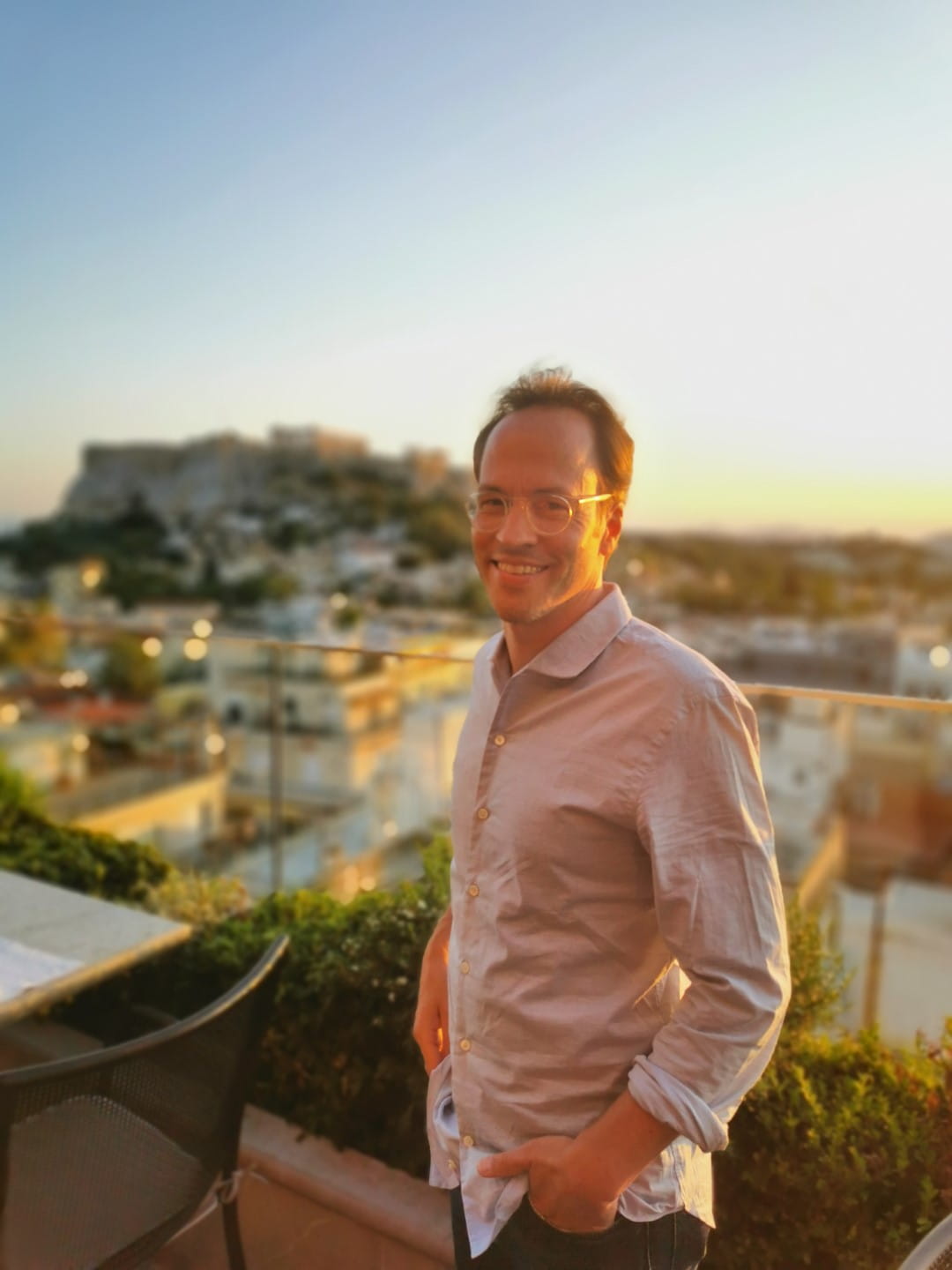
Q: Tell us a few words about Athens
A: My very first time in Athens, in this very special and unique, ancient city was when I was 17. My teacher at high school took us on a trip through Greece, because he was an enthusiast when it came to all things Greek and he wanted to share his enthusiasm with us. I remember when we got to Athens and climbed the Acropolis, we saw the Parthenon and our jaws dropped, as probably happens to any human being seeing that for the first time. This time, when I came in from the airport and saw the columns of the Parthenon again, the memories of this very first visit were revived, creating feelings that are hard for me to describe.
Q: Is there a “motto” you follow in life?
A: I would like to quote Samuel Beckett, who famously wrote: Ever tried. Ever failed. No matter. Try again. Fail again. Fail better.
The Recording was carried out at the Alternative Stage of the Greek National Opera.
Special thanks to Electra Metropolis Athens hotel for kindly offering Johannes Debus excellent hospitality during his stay in Athens.
Interview: Vania Micha


